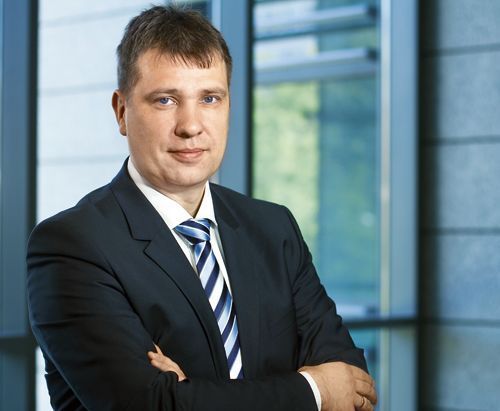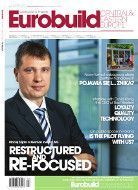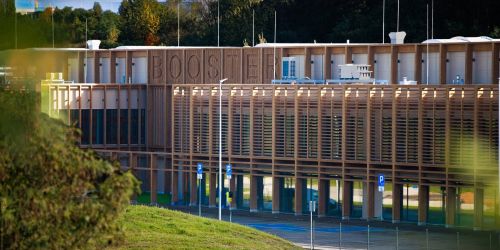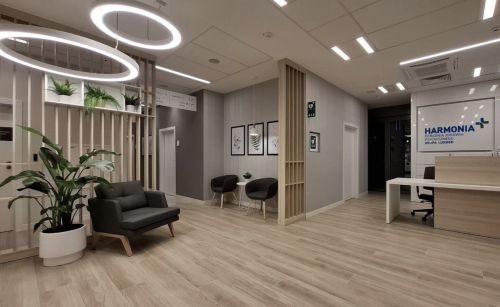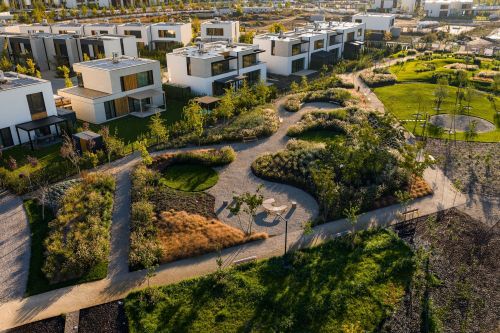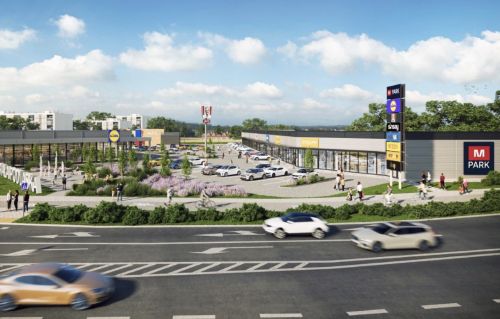Ewa Andrzejewska, ‘Eurobuild Central & Eastern Europe’: The last few months have not been easy for the IVG group, which is being restructured after entering bankruptcy. However, the next few months are set to be a time of restructuring and re-emergence.
Maciej Zajdel, managing director, IVG Poland: The main idea behind the process is the restructuring of our finances. EUR 2 bln of the debt will be converted into shares for creditors. All the financial arrangements with the creditors were agreed in March, and as a stock exchange listed company many steps have since been taken to ensure the group emerges from the bankruptcy process we have been in since August last year. Despite all this, the group incorporates many subsidiaries, none of which is in bankruptcy. Each have a positive cash flow and healthy results – including our Polish company. We are not part of the debt or debt conversion.
When will your mother company finally come out of bankruptcy?
By the e
